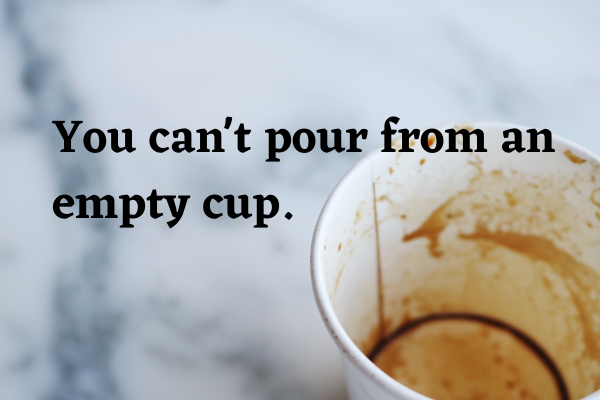
Giving What We Have
Today we hear from one of our licentiate students, Stéphanie Ranavalonarivo, who is from Madagascar and a member of the Focolari Movement. She shares about the module on healthy relationships.
From the 13th to the 17th of December 2021, students of the licentiate and diploma courses studied the topic of healthy relationships presented by Fr. David Songy, Director of Saint Luke Institute, which is “an independent, international Catholic education and treatment center dedicated to healthy life and ministry for priests, deacons, and religious”. The conversation about this subject was very valuable following on weeks of study in which we aimed at acquiring the skills necessary for listening to and accompanying both victims of abuse and perpetrators.
Working with victims and perpetrators in our context means mending relationships damaged by abuse with the victim, with society and with God. Commitment to safeguarding is by nature caring for these relationships.
Developing a healthy understanding of safeguarding training ensures that safeguarders will do their best to respond to the challenging demands of abuses within their own organizations.
We were invited to go deeper into the various challenges we might personally face in the field of safeguarding.
Safeguarders are prone to being overwhelmed because of the enormous amount of work and emotional and psychological involvement. The popular adage “we can only give what we have” fits perfectly as our leitmotif in this type of work. Safeguarders cannot offer what they have learned if the aspect of caring for themselves is not taken into consideration. Their health and well-being are as valuable as their work. Self-care helps to prevent burnout.
We had ample time to go through the relationships involved in safeguarding: within ourselves, with the victim and with the perpetrator. This exercise was viscerally demanding and yet it constitutes a measure of prevention. The skills gained will enable us to foster better relationships that benefit our own well-being and the well-being of those to whom we are committed. We learned that integrating and practicing self-care is a concrete aspect and a fundamental part of safeguarding. It is simply not optional.

